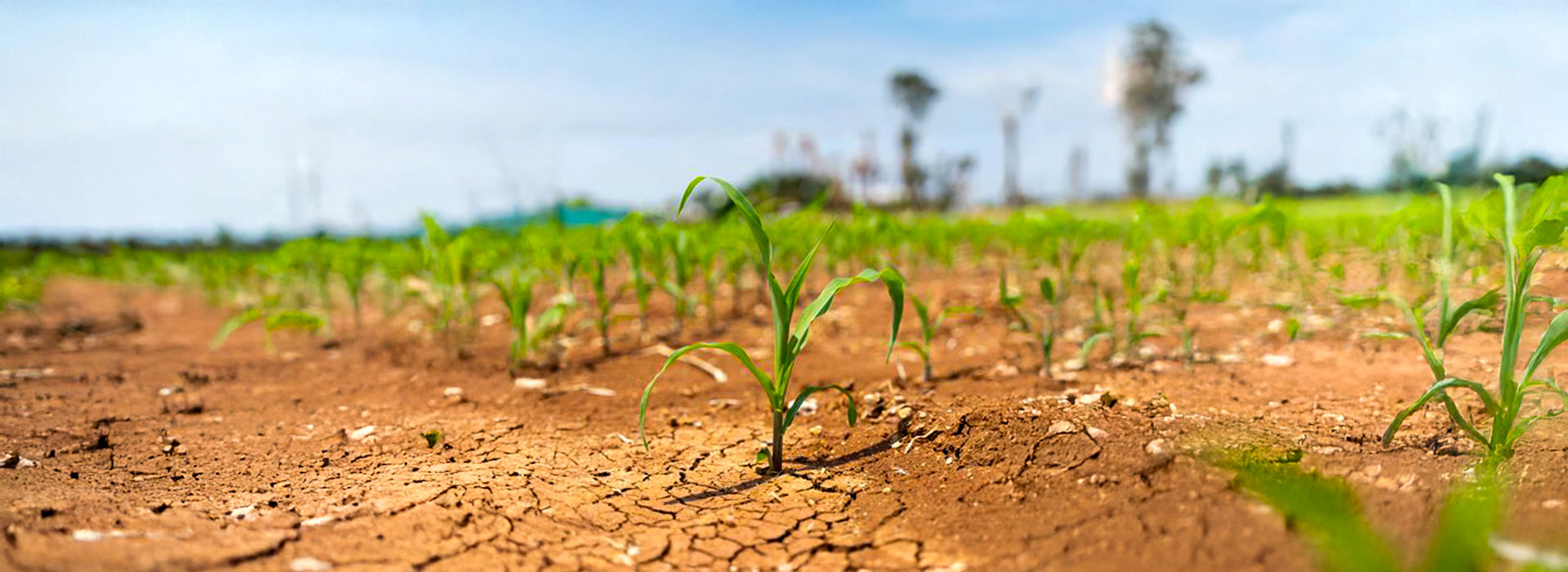What is Abiotic Stress Tolerance and Why Does It Matter in Agriculture?
- BioPrime Stories & latest news
- What is Abiotic Stress Tolerance and Why Does It Matter in Agriculture?
What is Abiotic Stress Tolerance and Why Does It Matter in Agriculture?

Climate change is significantly impacting agricultural productivity around the world, with small and marginal farmers being the worst sufferers. Abiotic stresses—such as drought, excessive heat, unseasonal and excessive rainfall, and rising soil salinity—have made farming increasingly unpredictable and challenging for these vulnerable communities.
The rise in environmental stress can harm the plants, reduce yield and lead to reduced crop production. These issues can be handled with the abiotic stress management concept that has been used by scientists and farmers in modern farming methods. This helps the plants confer resistance against stress and promote uncompromised growth, nutrient uptake and optimum yield under harsh weather conditions. BioPrime understands the concept of building a strong and sustainable farming system. In this article, you will explore the importance of abiotic stress management in agriculture.
What is Abiotic Stress Management?
Abiotic stress management means that the plants resist or adapt to harsh weather conditions to grow. Just like humans build immunity to fight against diseases, similarly, the plants grow deep roots to find water during a drought and close their pores to reduce water loss. Scientists are also working to boost these natural abilities by advancing innovations with biological solutions like seaweed-based biostimulants.
Why Is It Important for Agriculture?
- Climate Change: The weather is changing drastically around the globe, causing sudden droughts, floods, and temperature changes. Seaweeds like Durvillaea potatorum are known to have effective secondary metabolites to confer resistance to the plants under abiotic stress conditions. This augments the innate strength of the plants to deliver optimal productivity.
Read how BioPrime’s seaweed product can help: https://www.bioprimeagri.com/products/prime-fortisea
- Better Yield: When plants can handle external stress, they stay healthy, and overall production is uncompromised. This helps the farmers to get a good harvest even in poor weather conditions, making the farm economics in farmer’s favor.
- Food Security: With the rise in global population, it is vital to increase the quality of food production to feed every individual. Stress-tolerant crops can help ensure that people have enough to eat, especially in areas with tough climatic conditions.
- Upgrade Farmer’s Livelihoods: Biological products like seaweed biostimulants help crops withstand harsh weather, leading to better harvests and higher profits. They also improve the quality of produce, making it suitable for export, which in turn greatly improves farmers' livelihoods.
Connect With Us!
BioPrime offers the best abiotic stress management solutions for modern farming. Our solutions derived from natural extracts have the potential to nourish both people and the planet. To know more about our products, contact us today!

